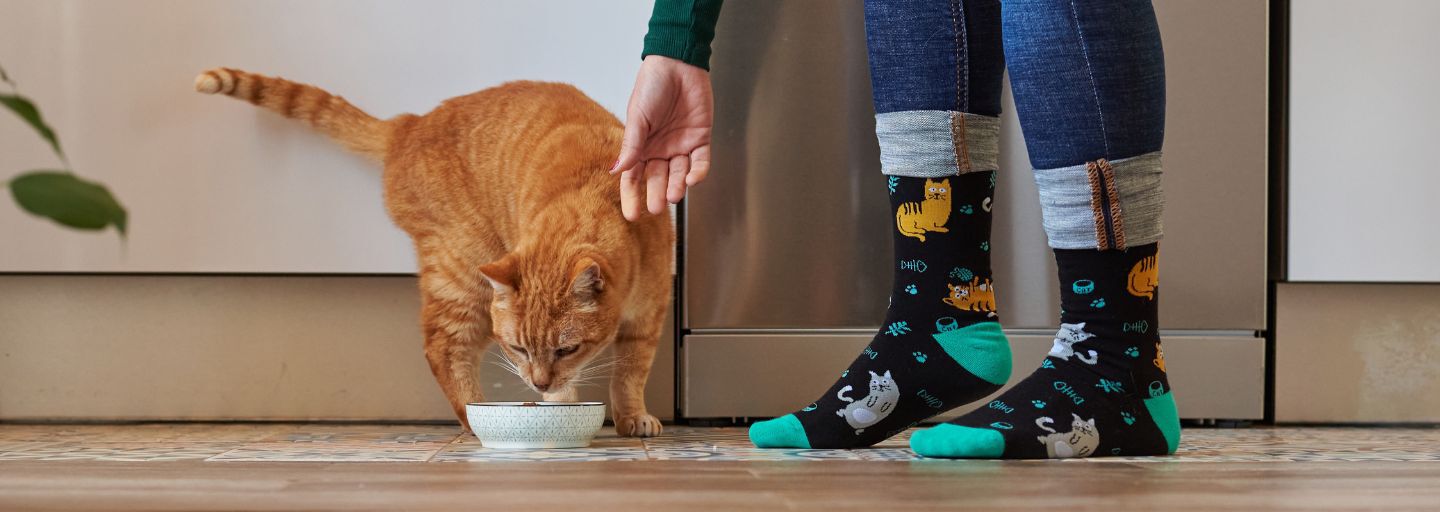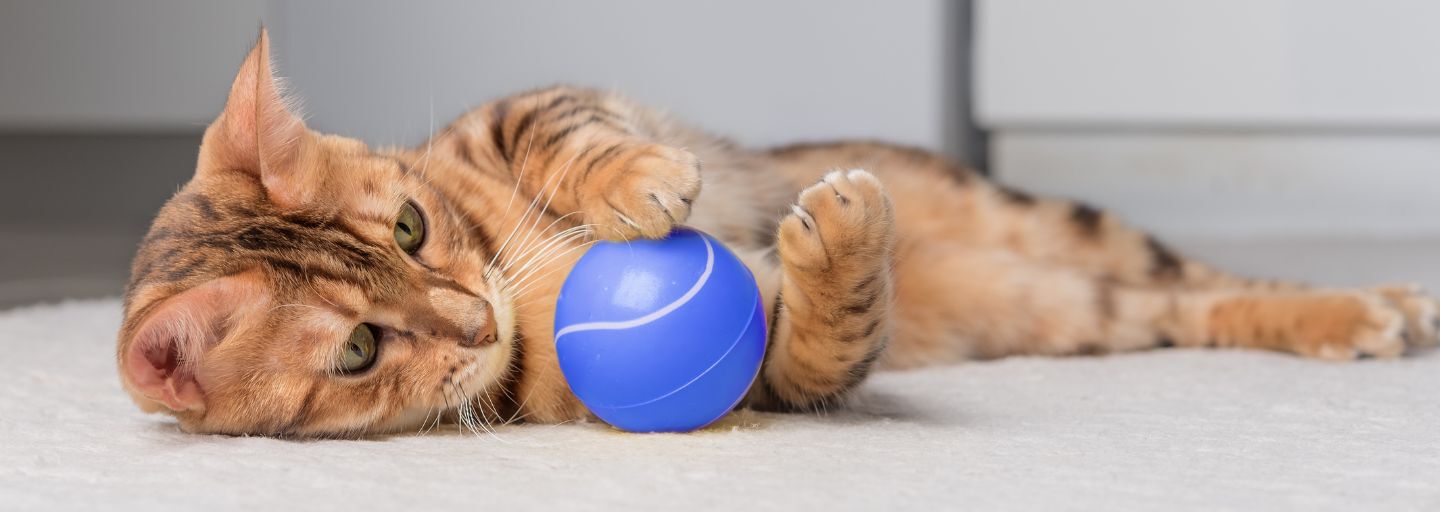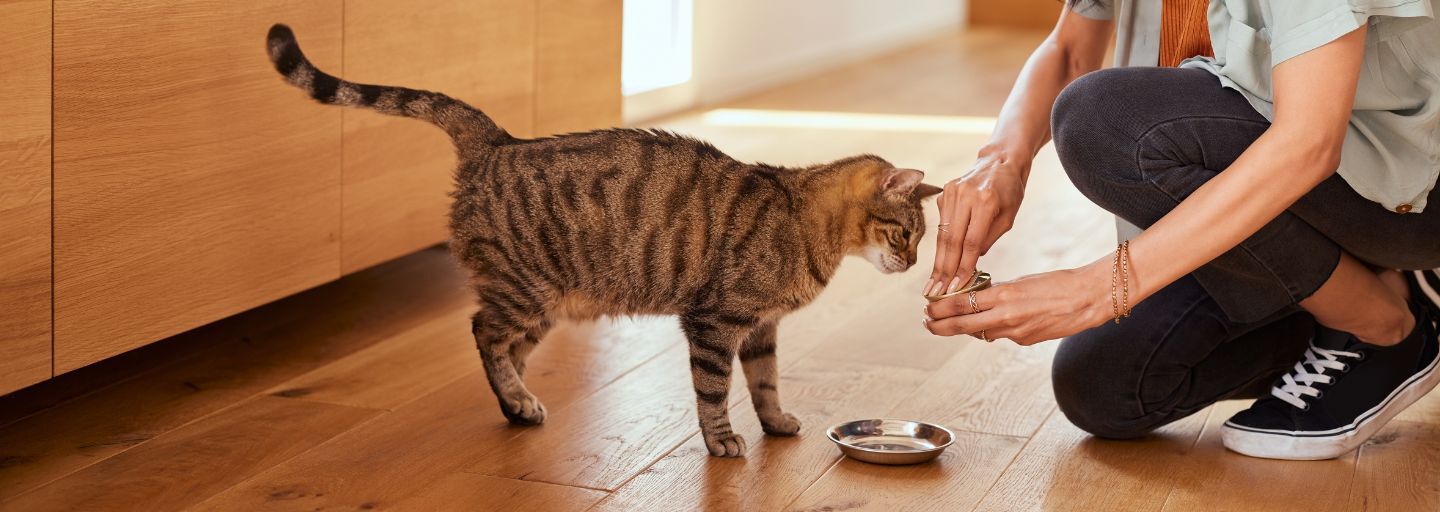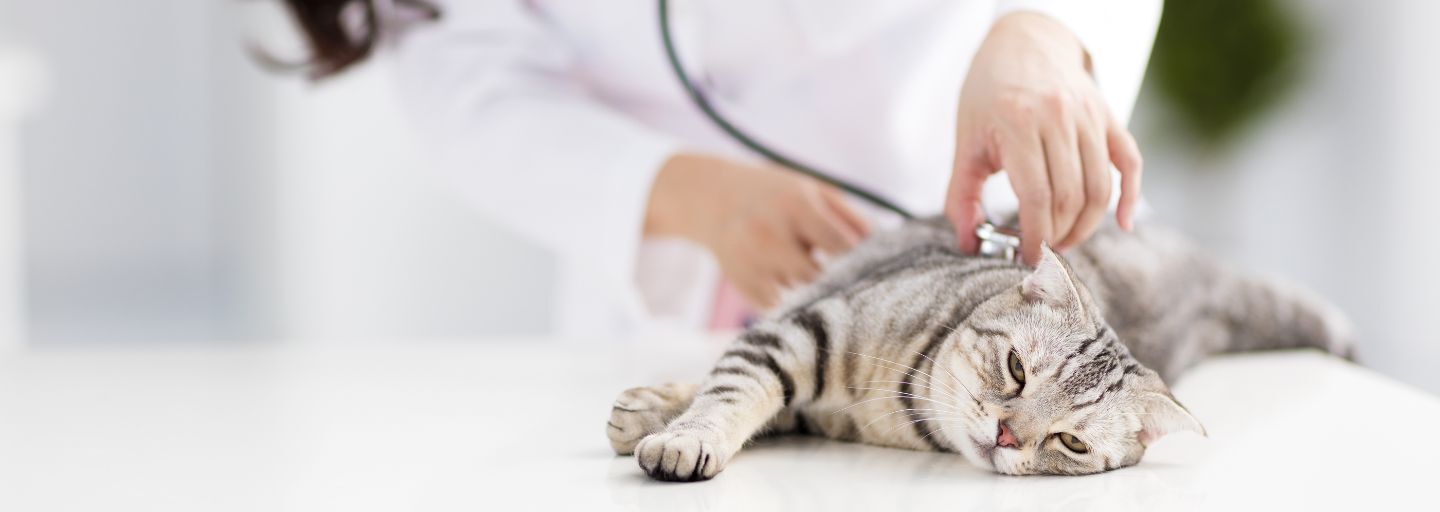As your cat becomes a senior, it is essential to reevaluate their feeding routine to ensure they receive the nutrition necessary to support their changing needs. Older cats have unique dietary requirements that require special attention, including higher levels of protein to help maintain their health and strength.
How to Feed a Senior Cat
As cats get older, their nutritional requirements start to change. Cats that are eight years or older begin taking life a bit easier. They're less active, spend more time indoors, and have a slower metabolism, so fewer calories and less fat are required. However, high-quality, easy-to-digest protein becomes increasingly important to maintain good overall body condition.
Cats spend roughly 40 percent of their lives as seniors, so it's important they eat the right food to stay in good health. A good senior diet provides high-quality, low-fat protein and easy-to-digest carbohydrates for energy. Key minerals support aging joints, and vitamins, along with proteins, help fight infections that the body may become vulnerable to as the immune system declines.
Senior Cat Foods
It's best to move older cats to specially formulated senior cat food. Manufactured senior cat foods provide high-quality protein and lower levels of phosphorus to reduce the strain on the kidneys, plus added Vitamin E to strengthen the natural defenses. These foods also contain fewer calories, helping maintain an optimum body weight as activity levels drop.
As cats age, their sense of smell and taste can fade a little, along with their ability to chew effectively. Smaller, softer pieces will help your cat get the most out of meals, particularly for sensitive mouths that might be missing teeth. Higher meat content helps whet the appetite.
As always, when changing to a new food, start by mixing the new food with the old, slowly building up the proportion over a week to ten days until you are only feeding the new senior formula food.
How to Feed
Feed older cats a little regularly. Older cats can begin to lose interest in food, so if your cat is reluctant to eat, try adding the juice from a sardine can or warm water for a treat to make it more appealing. If your cat has not eaten for two days, consult your vet.
Serve food at room temperature to ensure your cat can taste and smell it properly. This is especially important for older cats with their diminishing sense of smell. If you are feeding food stored in the fridge, it can take up to two hours to warm up. You can microwave foods for a short time, but be careful of hot spots. In general, avoid serving food that is either too hot or too cold.
Serve your cat either dry or wet food but always in a clean bowl.
If feeding dry food, store it in a dry, clean environment, using resealable packaging or an airtight container to keep it fresh and tasty.
Never let canned food go dry in the bowl as cats can be very fussy eaters. Never keep wet food open for longer than 24 hours.
Cats are creatures of habit, so it's best to feed them at the same time and place every day.
Choose a reasonably quiet area, away from the hustle and bustle of daily life. It's always a good idea to feed on a surface that is easily cleaned, like a tiled floor or a mat. Place feeding bowls away from the litter tray, and if you have two cats, keep the bowls a reasonable distance apart to avoid confrontations or bullying.
How Much?
Follow the feeding guide on the back of the pack, but remember this is only to give you an idea. Every cat is an individual, and the most important thing is to feed enough to maintain a lean, healthy condition.
Ensure you provide plenty of clean, fresh water in a large metal or ceramic bowl. Water intake helps keep older kidneys healthy and reduce the risk of urinary tract infections.
Weight Concerns
Older cats have a natural tendency to put on weight as their activity level decreases. Obesity is a common nutritional disorder in cats and needs to be monitored carefully. Overweight cats are more likely to develop diabetes, heart and respiratory problems, bladder stones, and arthritis.
If weight is a growing concern, try a specially formulated 'light' product, which is lower in fat but still contains all the necessary vitamins and minerals.
At the same time, very old cats can often get thinner and may need more food to maintain a healthy weight. This is because their digestion is less efficient at getting the goodness out of food. If this is of concern, consult your vet before changing your cat's feeding regime.
PURINA Brands for Senior Cats
A number of leading PURINA brands offer formulas specifically tailored to meet the needs of older cats. Learn more below:







